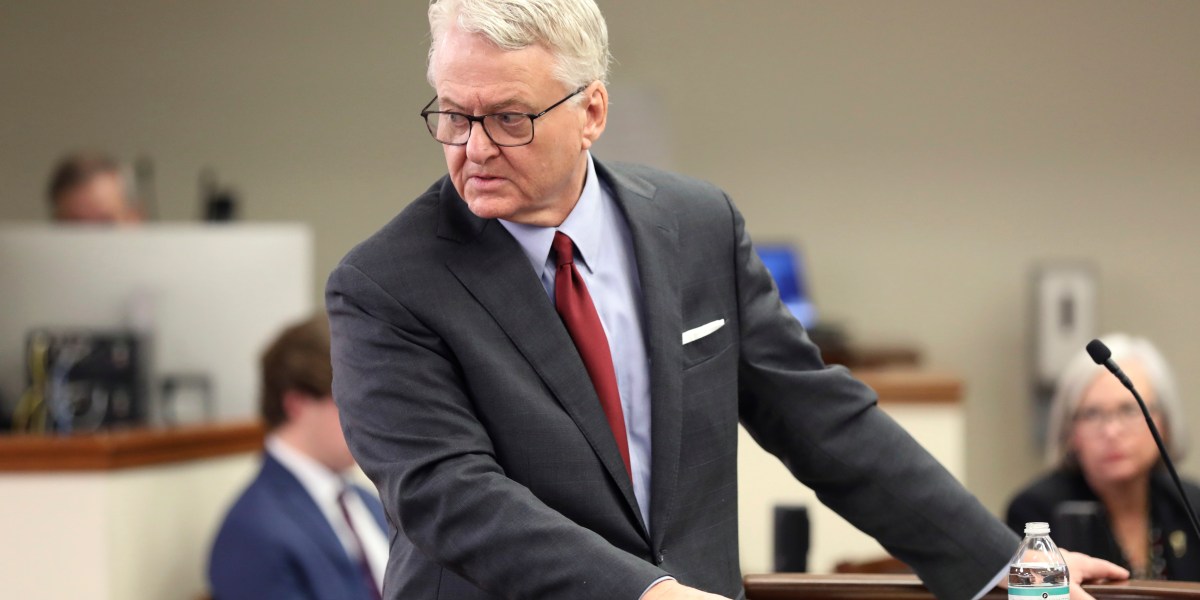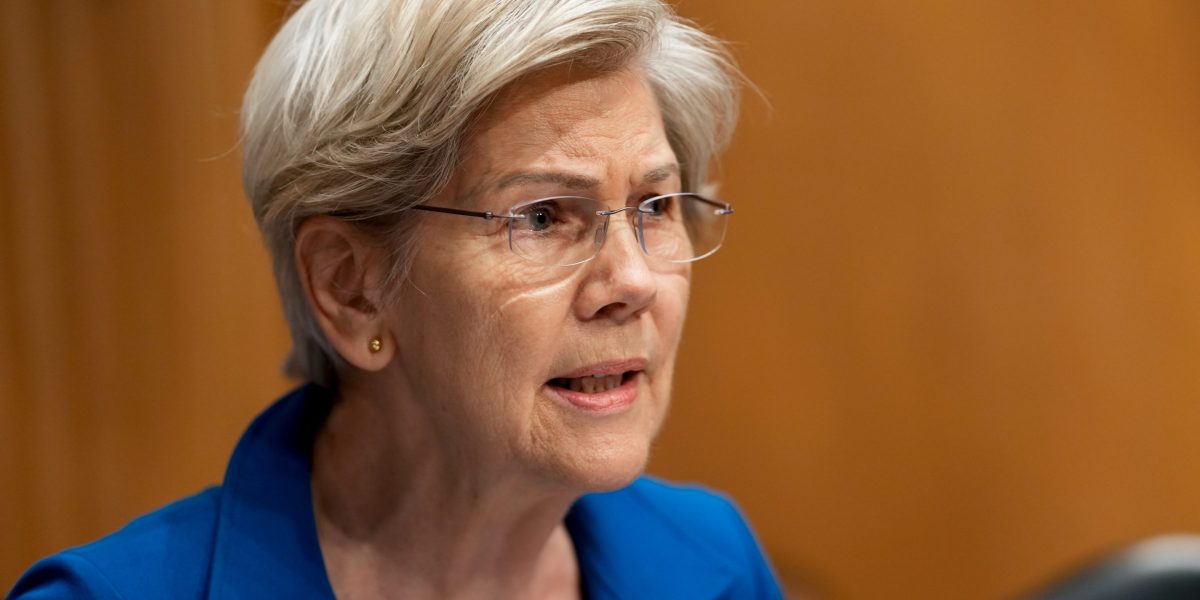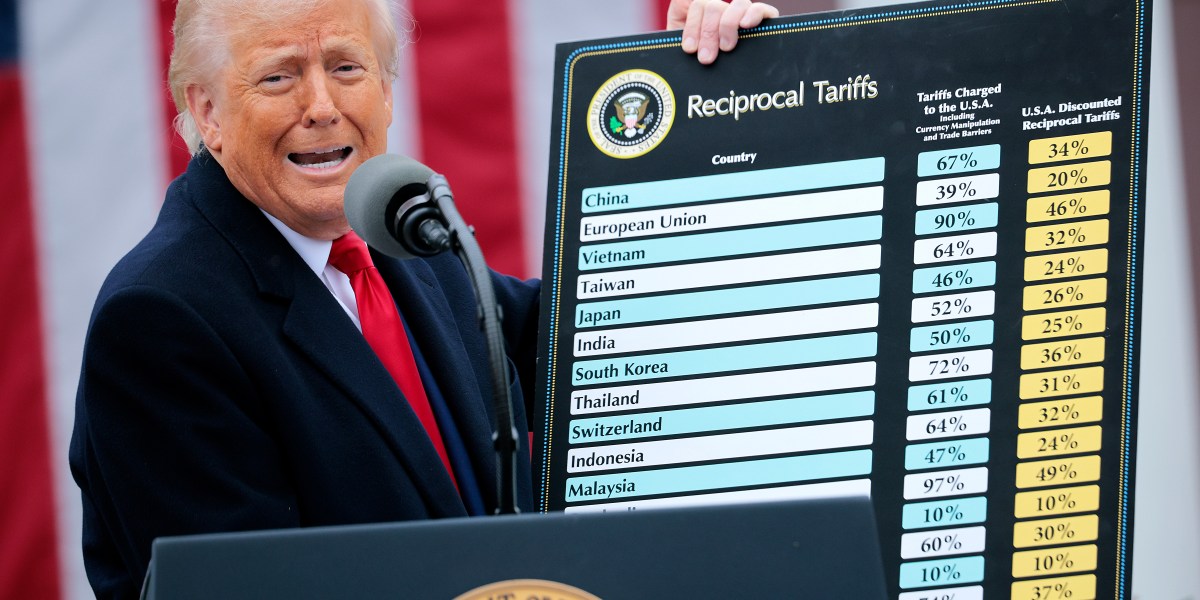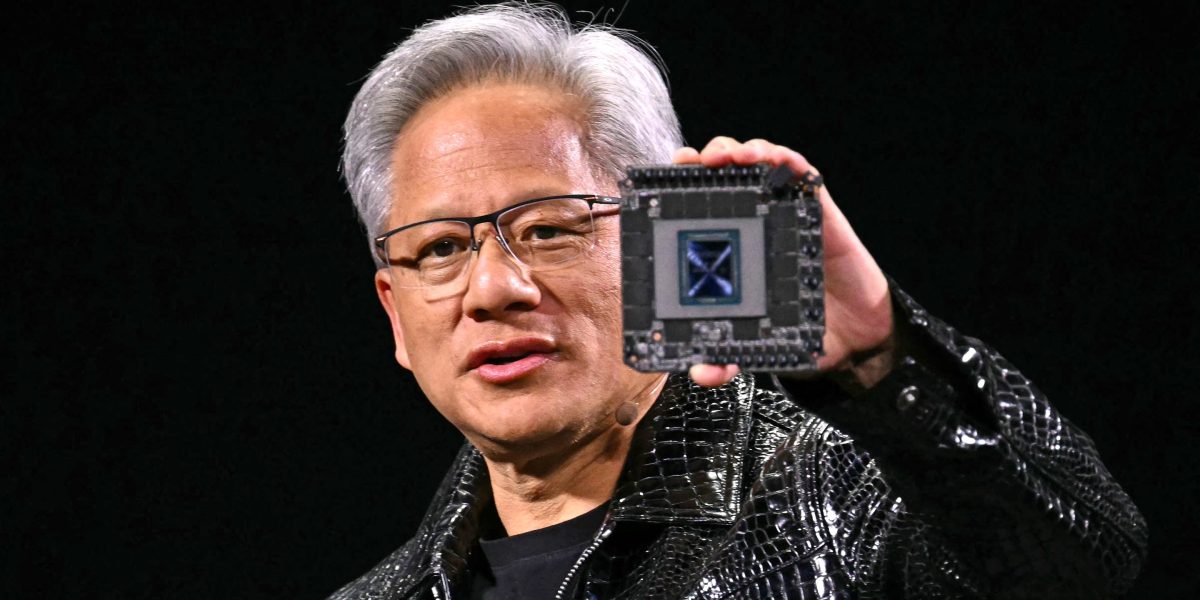- Tariff uncertainty is putting more pressure on the VC market, leaving investors hesitant as tech companies postpone IPOs. Global tariffs are also causing supply chain concerns which may eventually “dent VC appetite” for AI investments, according to PitchBook.
Trump’s global tariffs have dampened Silicon Valley’s hopes of a venture capital comeback in 2025, according to a new report from PitchBook that replaced the company’s previous optimistic outlook with a stark forecast for the coming year.
The turbulence in global equity markets has hit VC as several major tech startups have postponed their IPO plans in response to the sharp decline in tech stock valuations. The disruption is putting even more pressure on an industry already dealing with a slowdown in both tech IPOs and M&A activity.
“Should the latest iteration of tariffs stand, we expect significant pressure on fundraising and dealmaking in the near term as investors sit on the sidelines and wait for signs of market stabilization,” PitchBook analysts said in a first-quarter overview of the venture market.
They noted that while the first quarter of 2025 had several positive developments, such as CoreWeave completing its IPO and OpenAI securing a $40 billion funding round, these topline successes masked a more difficult reality across the market.
AI continued to dominate VC funding, capturing 71.1% of all U.S. venture capital in Q1 2025 — an increase from 46.8% in 2024. This was primarily boosted by large deals in the sector including OpenAI’s funding round, two Anthropic rounds totaling $4.5 billion, and Infinite Reality’s $3 billion round.
Clogging the IPO pipeline
The imbalance between demand and available capital remained steep, signaling a tough climate for dealmaking. According to PitchBook data, just $10 billion was raised across 87 VC funds, setting the stage for what could become the weakest fundraising year in over a decade.
Meanwhile, Trump’s global tariffs have already begun to weigh heavily on market sentiment—prompting the delay of several major IPOs and reinforcing expectations that the current liquidity crunch will persist through the remainder of 2025.
“The clogging of the IPO pipeline is probably the most significant immediate impact of the tariffs on venture funds and tech investors because it’s been a long dry spell,” Headline venture partner Kamran Ansari told Fortune.
“When you have an IPO and a listing, it has multiple beneficial effects on the venture ecosystem, you have liquidity for funds and investors and employees…and you see employees at those companies, once there’s liquidity, they can think about leaving and starting something new. Then you can refresh the cycle… All of these things get clogged and backed up when there’s no liquidity,” he said.
Hitting pause on IPO plans
Several high-profile companies have hit pause on their IPO plans amid the growing market uncertainty. Buy now, pay later giant Klarna and ticketing platform StubHub were both slated to IPO in the coming months but have since postponed those launches. Fintech company Chime has also reportedly delayed and effectively shelved its IPO plans following steep market losses triggered by new U.S. tariffs.
“We don’t know what’s happening and we don’t know if we’re getting liquid,” Jon Keidan, founder of Torch Capital, told Fortune. “It’s going to be an ugly problem.”
Keidan added that tech companies could also face a demand decline on the product side if the economy enters a recession-constrained environment with low consumer sentiment.
“When it comes to AI, a lot of these fast-growing companies, especially on the enterprise side, are reliant on these orders coming through and companies growing and using their tools and buying their subscription and so on. So that’s starting to decrease or get hampered, that’s absolutely going to affect the market,” he said.
Keidan noted that while tariffs and an IPO clog may put pressure on later-stage funding, seed investment is largely getting “a free pass.”
“Those founders’ job is to block the noise, forget the macro trends, and think about how to develop technology and create a company to solve the pain points…so in a weird way, I’m telling my founders to ignore all this. Focus on what you’re doing. Focus on your customers, focus on what they need,” he said.
VC’s adopt a ‘wait-and-see’ approach
With tariffs putting significant pressure on fundraising and dealmaking, VC investors are adopting a “wait-and-see” approach amid policy global uncertainty, according to PitchBook analysts. Although demand for AI remains strong, new tariffs could disrupt chip supply chains, which may eventually “dent VC appetite” for AI investments, the report said.
According to a new report from Reuters, the tariffs could cost U.S. semiconductor equipment makers alone more than $1 billion a year.
AI data centers could also face significant exposure to tariffs well beyond just semiconductors — with experts previously telling Fortune that ripple effects could be far-reaching. These facilities rely heavily on a vast array of electronic and metal components, many of which are manufactured or assembled in countries now subject to new trade restrictions, including China.
“There’s a little bit of a wait-and-see approach right before making major purchases. So we’re definitely seeing that because of the tariffs,” Brian Sathianathan, co-founder and CTO of Iterate.ai, told Fortune.
“There’s a bit of slowdown in the private markets…but I think, in the long run, especially once you pass the 90-day mark, things will begin to pick up a lot faster and there’ll be better clarity,” he added.
This story was originally featured on Fortune.com
Source link


 Entertainment8 years ago
Entertainment8 years ago
 Politics8 years ago
Politics8 years ago
 Entertainment8 years ago
Entertainment8 years ago
 Entertainment8 years ago
Entertainment8 years ago
 Tech8 years ago
Tech8 years ago
 Tech8 years ago
Tech8 years ago
 Tech8 years ago
Tech8 years ago
 Tech8 years ago
Tech8 years ago






